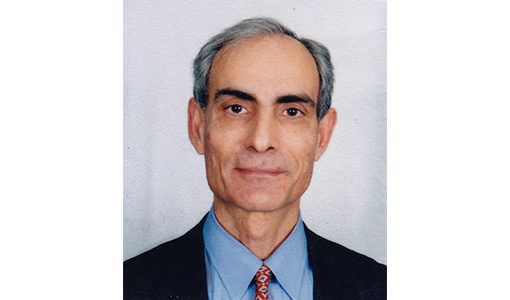1. Introduction [1]
The purpose of this note is to shed light, and comment, on two views expressed recently in relation to the appreciation of the Iraq Dinar (IQD) in 2006-2008.
Muhammad Tawfiq Alawi (henceforth M. Alawi), former minister of communications in Iraq, gave a talk on December 13, 2019 in Washington D.C. to an Iraqi audience, in which he mentioned the appreciation of the Iraqi Dinar (IQD) during 2006-2008 as an example of lack of economic planning in Iraq. Mudher Muhammad Saleh (henceforth M. Saleh), former deputy governor of the Central Bank of Iraq (CBI), and currently finance advisor to the outgoing prime minister, responded the following day, in an article published at the ‘Iraqi Economists Net.’
- Alawi’s and M. Saleh’s contributions are respectively available at: https://www.youtube.com/watch?v=xsStEhEWMoc&feature=youtu.be, and, http://iraqieconomists.net/ar/2019/12/19/%d8%af-…(continued)].
These contributions might attract a number of observations from readers. This note, however, focuses on two observations, set out below. First, that the “independence” of the CBI was compromised in negotiating and signing a ‘Stand-By Agreement’ with the IMF in late 2005. Second, by following the IMF programme in Iraq, the CBI’s administration focused its attention on limited instruments of monetary policy as dictated by the IMF, and much less on contributing to national economic growth and leveraging badly needed major structural changes in the economy.
[1] I am very grateful to Dr Barik Schuber, chief IEN editor, for commenting on an earlier draft of this note.
to continue reading download PDF








Comment here